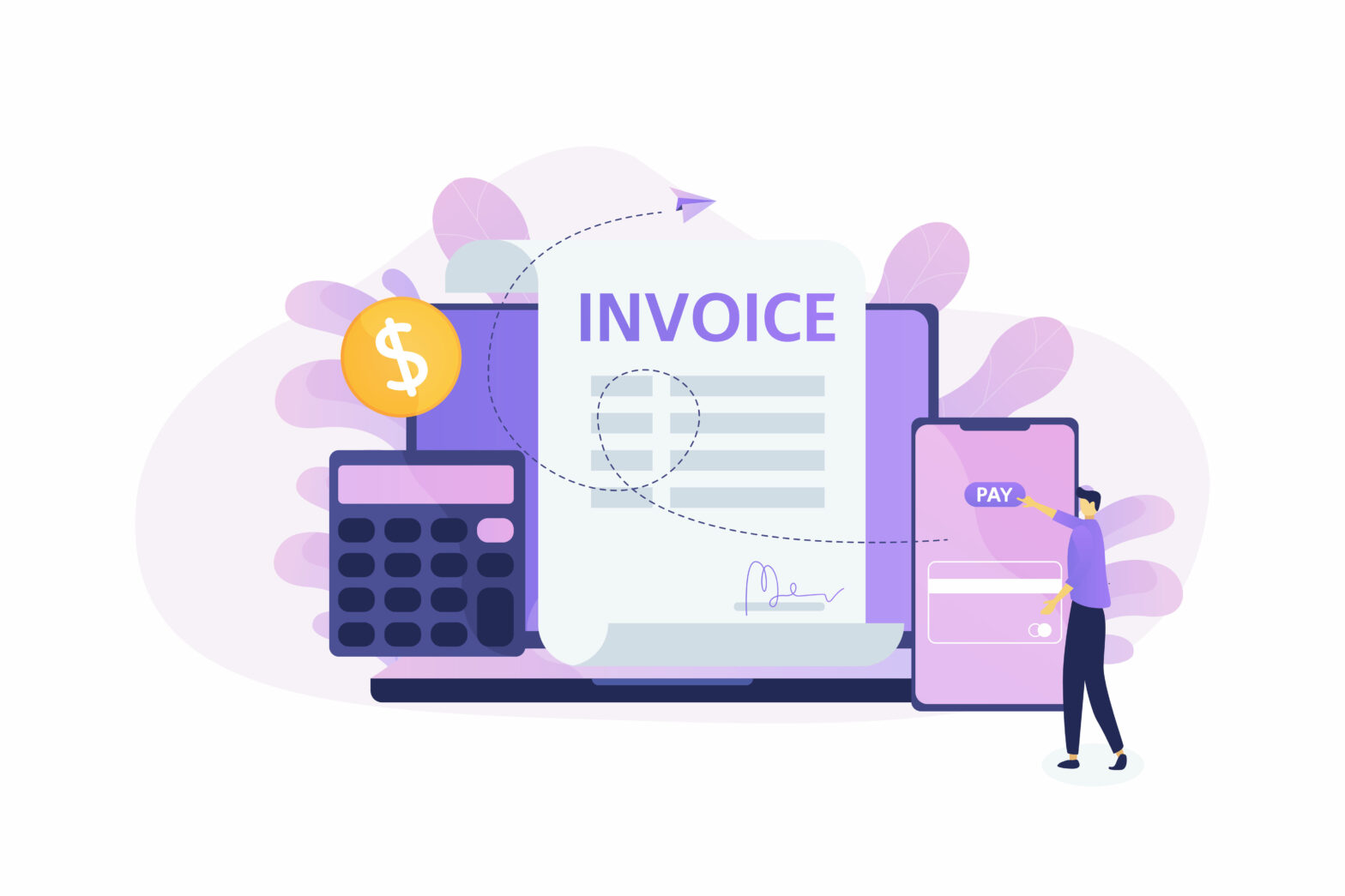It has been more than a year since the government first announced mandatory referral of small businesses turned down by banks for funding to alternative finance providers. The British Business Bank, appointed regulator of the scheme, is currently deciding which finance platforms should help deliver the scheme with an announcement due later this year. It’s expected that the referral scheme will be up and running early to mid 2016.
Do we really need to wait for legislation to be complete for this great collaboration to start when it could benefit so many, so quickly? Banks are still the first port of call for the majority of SMEs who need capital making them a critical conduit of small business lending. Directing customers that they can’t help to businesses that can is surely just good customer service.
Seeing the advantages early, some banks are already proactively referring to alternative providers and funding portals including RBS and Santander. Metro Bank has even entered into a partnership with Zopa, using its platform to lend funds.
So they’ve proved it’s an easy enough procedure. At its simplest it involves information and links to alternative funding sources on the bank’s website and in marketing materials and for relationship managers to signpost customers either in conversation or in normal written communication, and well before the formal rejection stage too.
There are a growing number of independent funding platforms offering free, personalised match making services using clever algorithms to match the borrower to the most appropriate lender – some of which will eventually be the governments’ designated platforms to deliver the referral scheme.
As well as being good customer service, it’s also good corporate citizenship. It’s in everyone’s interest – lenders, borrowers and the wider economy – to support and diversify lending channels to fill gaps in access to finance for small businesses and ultimately make it easier for them to get the working capital they need.
Of course, the legislation will give all involved piece of mind that the designated finance platforms pass scrutiny and banks won’t worry about reputational risk referring outside their business, but it shouldn’t stop action now because the banks aren’t selling. They are merely providing information on another funding avenue for customers to consider.
For the UK’s 5.2 million small businesses, of which 5 million are micro-businesses, timely access to capital is business critical. While access to finance for SMEs via traditional lenders has improved slightly in Q1 this year according to governments figures, it’s marginal given the total decline in lending in 2014 was £2 billion. Fact: small businesses still find it difficult to borrow from banks.
And it will get worse, not better, if the new proposals from the Basel Committee on Banking Supervision, get approved as it will raise the amount of capital banks are required to hold against certain loans. This result will be that banks will have to increase significantly the cost of lending to small businesses.
Moreover, latest research by the Federation of Small Businesses shows that nearly two thirds of SMEs have signalled a desire to grow, thus helping to sustain the economic recovery. This will undoubtedly require access to capital. What are we waiting for?
Paul Mildenstein is CEO of business cash advance provider Liberis.





